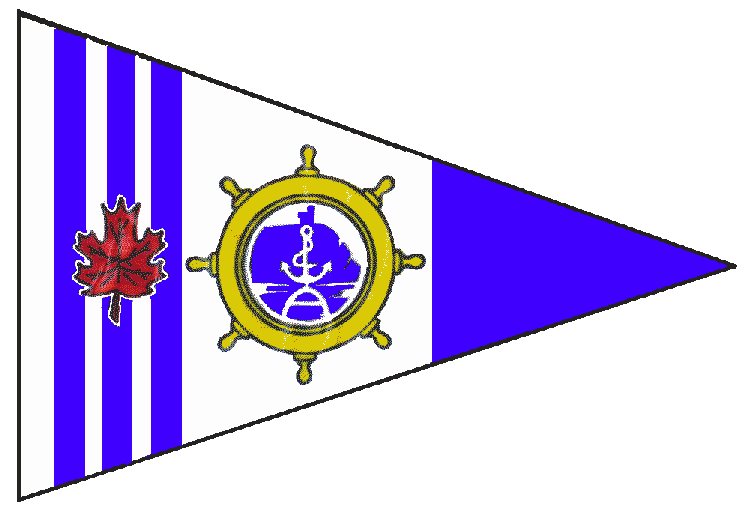CPS Courses are currently being offered online. The Avalon Squadron is specifically offering two courses. Radio Operators Certificate [Self-Study] and a Boating 2 and 3 Combined.
Maritime Radio Course – Self Study
This Maritime Radio ONLINE SELF-STUDY program is a completely integrated version of the classroom course that includes an online course manual and supporting learning materials. By taking this online self-study program you will learn how to operate a marine radio aboard a vessel. The course will address the following topics, and more, to help you be a smarter and safer boater: How to make routine and emergency calls using Digital Select Calling (DSC) and Voice Procedure, Channel selection, the phonetic alphabet and procedural words and phrases (radio speak), and The Global Maritime Distress and Safety System (GMDSS) and how it can help you in an emergency TIME PERIOD : You will have access to the program for 60 days. EXAM: The self-study program includes an exam to obtain a Restricted Operator’s Certificate (Maritime) which will be done in person with a CPS certified examiner. DURING THE COVID 19 PANDEMIC this exam will be administered using a video link.
To Register for Maritime Radio Course – Self Study
Boating 2 and 3 Combined
Suggested Prerequisite Boating 1 – Pleasure Craft Operator Card (PCOC)
Details 12-13 weeks, one evening per week
Boating 2 – Beyond Boating Basics – The PCOC makes sure you have immediate navigation and safety skills but it’s just the beginning of what you should know when you get on a boat. In the second of our Boating Series, you are introduced to the art of navigation, anchoring, ropes, lines and knots – not to mention what to expect when the boat is moving under power. This course also has a number of optional topics that will be taught depending on your interests; these include towing, trailering and a check list for layup and launch. Boating 3 – Introduction to Marine Navigation – The third course in our series explores navigation further as you learn how to plot and label on paper charts as well as what the skipper should be doing before setting out and when under way, handling a boat under sail as well as your environmental responsibilities and electrical hazards. This course also has a number of optional topics that will be taught depending on your interests; these include tides and currents, canals and locks, and collision regulations.
To Register for Boating 2 and 3 Combined
For other online offerings go to Canadian Power and Sail Squadrons site and select Courses and Seminars.

